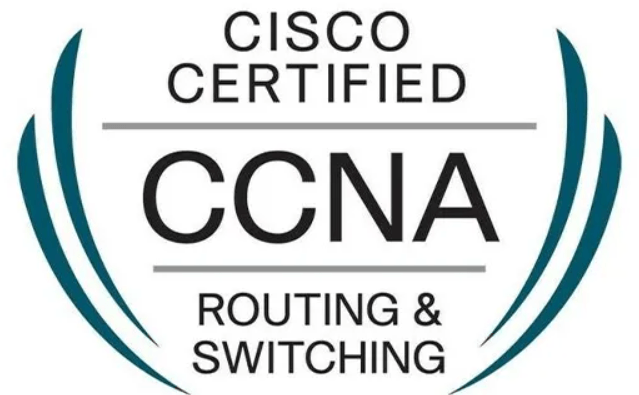Managing finances is an integral part of running a business. However, it can be time-consuming and costly to hire an in-house bookkeeper. Virtual bookkeeping services have become increasingly popular as a cost-effective and efficient alternative in recent years. In this blog, we will discuss 5 ways virtual bookkeeping can save your business finances, from reducing costs to improving accuracy and providing valuable insights into your financial health.
Table of Contents
How Virtual Bookkeeping Help in Your Finances
Virtual bookkeeping is an outsourced service that uses cloud-based software and online platforms to handle your accounting tasks. You can access your financial data anytime and anywhere and communicate with your virtual bookkeeper through email, phone, or video chat.
But how can virtual bookkeeping services save your business finances? Here are five ways:
1. Reduce overhead costs
Hiring a full-time or part-time bookkeeper can be expensive, especially when you factor in the salary, benefits, taxes, training, and office space. With virtual bookkeeping services, you only pay for the hours or tasks you need and don’t worry about the overhead costs of hiring an employee. You can also save money on software licenses, hardware upgrades, and maintenance fees, as your virtual bookkeeper will use their tools and resources.
2. Improve accuracy and compliance
Bookkeeping errors can lead to serious consequences, such as fines, penalties, audits, and legal issues. Virtual bookkeeping services can help you avoid these risks by ensuring that your books are accurate and up-to-date. Your virtual bookkeeper will follow the best practices and standards of the accounting industry and use the latest software and technology to automate and streamline your bookkeeping process. They will also keep track of the tax laws and regulations that affect your business and help you file your returns on time and correctly.
3. Increase efficiency and productivity
Bookkeeping can be tedious and time-consuming, removing your focus from your core business activities. Outsourcing your bookkeeping to a virtual bookkeeper can free up your time and energy to concentrate on growing your business. You can also benefit from the expertise and experience of your virtual bookkeeper, who can provide you with valuable insights and advice on improving your financial performance and cash flow. You can also leverage the features and functions of your virtual bookkeeper’s cloud-based software and online platforms, such as real-time reports, dashboards, analytics, and integrations.
4. Enhance security and confidentiality
Keeping your financial data secure and confidential is crucial for your business’s reputation and success. Virtual bookkeeping services can offer you a higher level of security and confidentiality than in-house bookkeeping. Your virtual bookkeeper will use encrypted and password-protected software and platforms to store and access your data and follow strict policies and procedures to protect your privacy. You can also control who has access to your data and monitor the activities of your virtual bookkeeper through audit trails and logs.
5. Scale up or down as needed
One advantage of outsourcing bookkeeping services is that they are flexible and adaptable to your changing business needs. You can easily scale up or down the level of service that you require, depending on your workload, budget, and goals. You can also customize the scope and frequency of your bookkeeping tasks and choose the services that best suit your business model and industry. Whether you need basic bookkeeping, payroll processing, invoicing, bank reconciliation, or financial reporting, you can find a virtual bookkeeper who can handle it.
Conclusion
Virtual bookkeeping services are a smart and cost-effective way to manage your business finances. Outsourcing your bookkeeping to a virtual bookkeeper can reduce overhead costs, improve accuracy and compliance, increase efficiency and productivity, enhance security and confidentiality, and scale up or down as needed.
Also, Read – WHAT UNIQUE PERSPECTIVES CAN AN ARTS DEGREE BRING TO FIELDS OF TECHNOLOGY?




